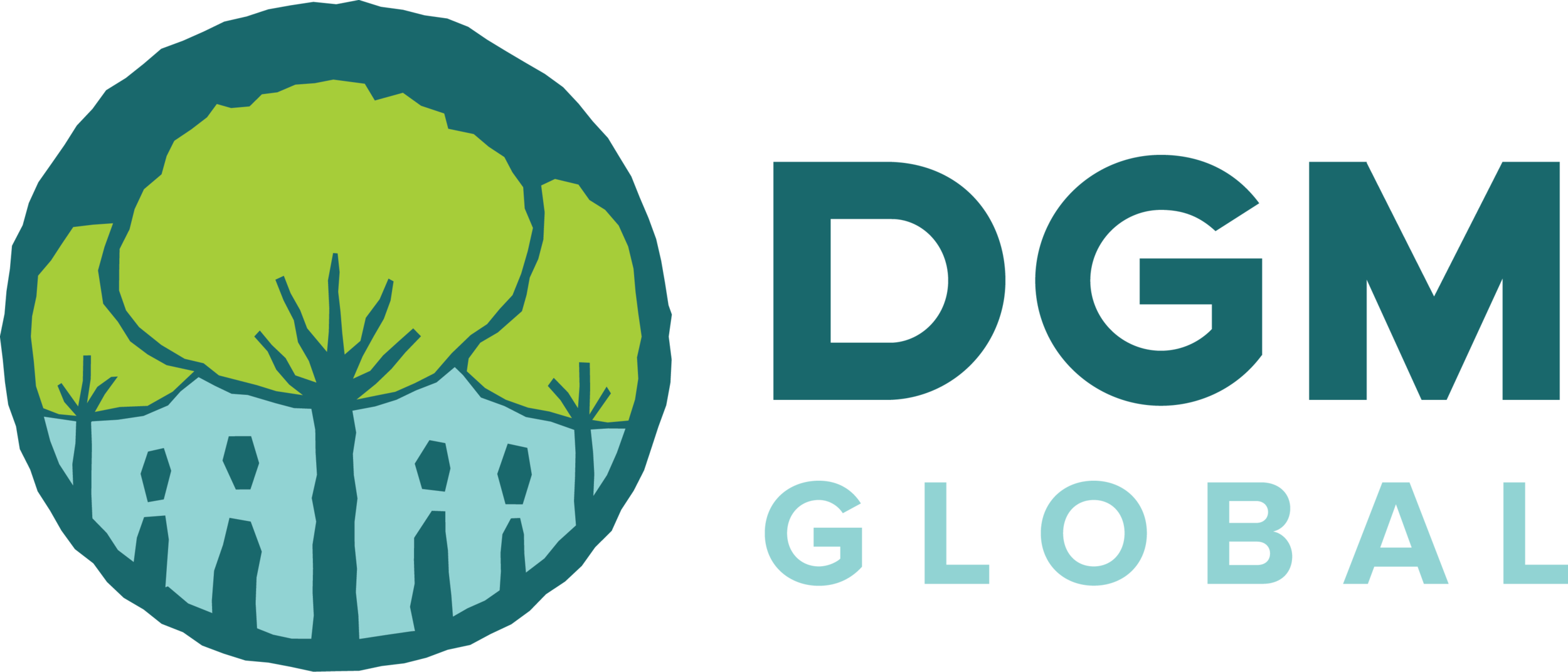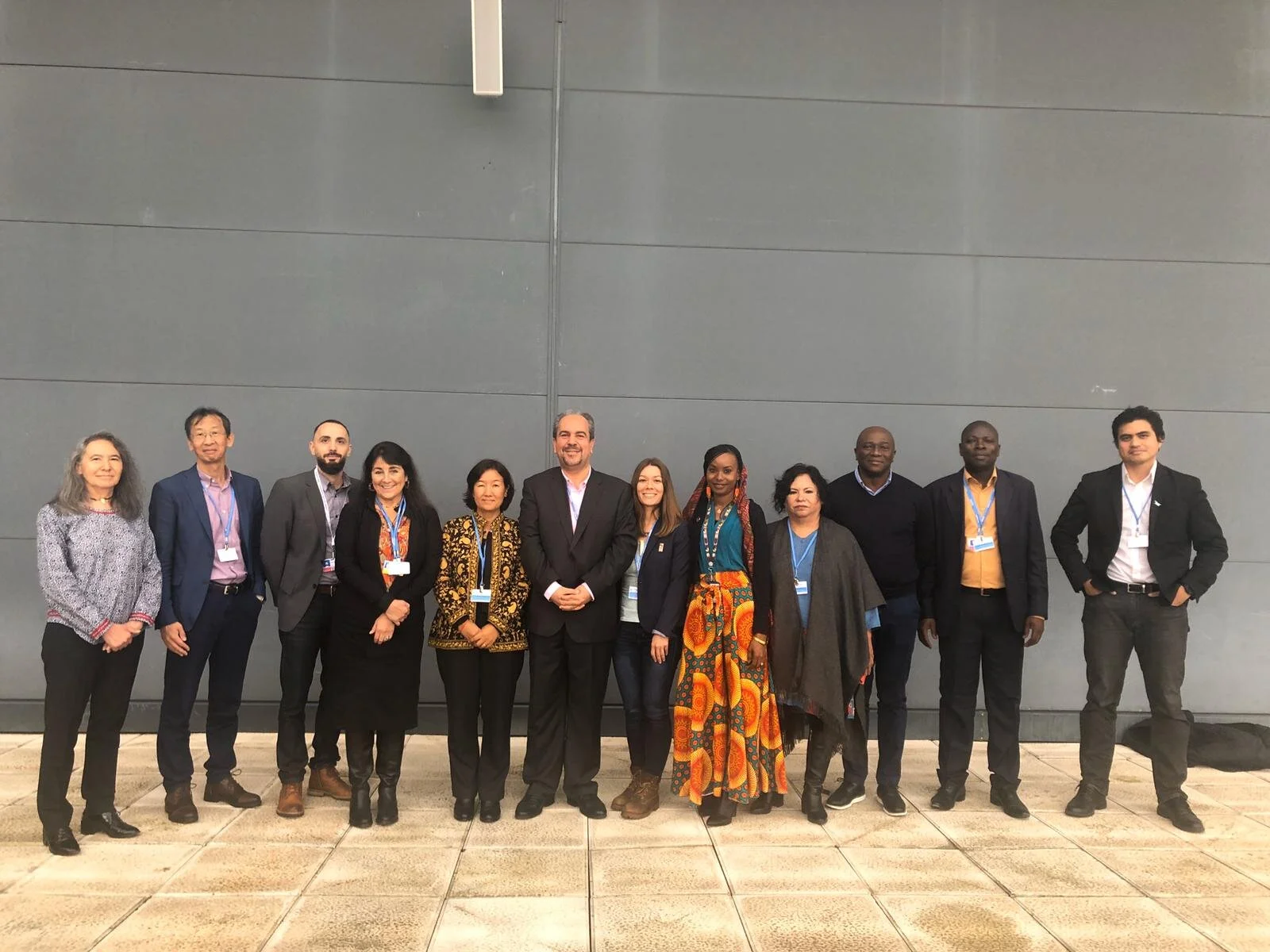COP25 Climate Negotiations
DGM Global cannot guarantee the accuracy of Google translations. In case of discrepancies, the original language takes precedence.
Photo: Kyle Obermann/CI
Contributed by: Luis Barquin, DGM Global Managing Director
The UN Climate Change Conference COP 25 will take place in Madrid, Spain from December 2-13, 2019. After last year’s negotiations in Katowice, countries finalized and adopted most of the rules, procedures, and guidelines to make the Paris Agreement fully operational.
What is the goal for COP25?
During COP 25, countries need to finalize outstanding rules for market and non-market cooperation to achieve global climate goals, and advance important discussions related to agriculture and inclusive participation. The decisions on markets will complete the Paris Agreement “Rulebook,” which already includes implementation guidance for countries related to mitigation, adaptation, finance mechanisms, reporting, tracking progress, and capacity building.
Why this is important?
This is an important year for countries to review and enhance the ambition of their nationally determined contributions (NDCs) before they begin implementation post-2020.
What about the Local Communities and Indigenous Peoples Platform (LCIPP)?
Local Communities and Indigenous Peoples Platform (LCIPP) Facilitative Working Group (FWG) members; Photo: Nathalia Penton
The Second Meeting of the LCIPP Facilitative Working Group took place from November 28-30, 2019. Since 2015, the International Indigenous Peoples Forum on Climate Change (IIPFCC) has worked together with State Parties and the UNFCCC Secretariat to move forward this innovative model of non-state actor’s engagement in the UN climate negotiations. LCIPP is advancing the UNFCCC’s commitment to respect and promote the rights and interests of indigenous peoples and local communities.
During this meeting, the FWG presented a draft initial two-year workplan which includes activities between June 2020 and December 2021. The workplan includes three annual thematic workshops and a series of mapping activities to refine IPLC engagement as well as funding opportunities to fully operationalize the LCIPP. The agenda also included a presentation of the web portal and the funding support expected to implement the workplan. Participants reflected on how the proposed activities contribute to the LCIPP functions, harmonization with other UN bodies, strengthening IPLC’s capacity of engagement and resources needed to take climate policy to action. The next Meeting of the LCIPP Facilitative Working Group is scheduled to take place between May 28-30, 2020 in Bonn, Germany.
Learn more about the 2nd LCIPP FWG meeting here:
Johnson Cerda from the DGM Global Executing Agency discusses the outcome of the LCIPP FWG 2nd meeting.
Are there any other LCIPP meetings during COP25?
Stay tuned for the following:
December 3rd
- COP Presidency Dialogue on LCIPP
December 4th
- Joint event on integrating indigenous and local knowledge into adaptation action
Indigenous Peoples Pavilion
From December 2-13 the International Indigenous Peoples Forum on Climate Change (IIPFCC) will host the Indigenous Peoples (IP) Pavilion in the Green Zone. The Pavilion is being organized by Indigenous representatives from IIPFCC’s seven regions (Africa, Arctic, Asia, Latin America and the Caribbean, North America, Pacific, and Russia and Eastern Europe). The purpose of the IP Pavilion is to facilitate the participation and effective representation of Indigenous Peoples through a dedicated space for meetings, coordination, presentations, dialogue, panels, and screenings. It will serve as the center point for shared learning and exchange of experiences on issues affecting Indigenous Peoples around the world, in the context of climate change.
Want to learn more?
Follow us in Facebook, Twitter and Instagram
Check the following:
- Introduction to the Local Communities and Indigenous Peoples Platform (LCIPP)
- Facilitative Working Group of the LCIPP
- Koronivia Joint Work on Agriculture




